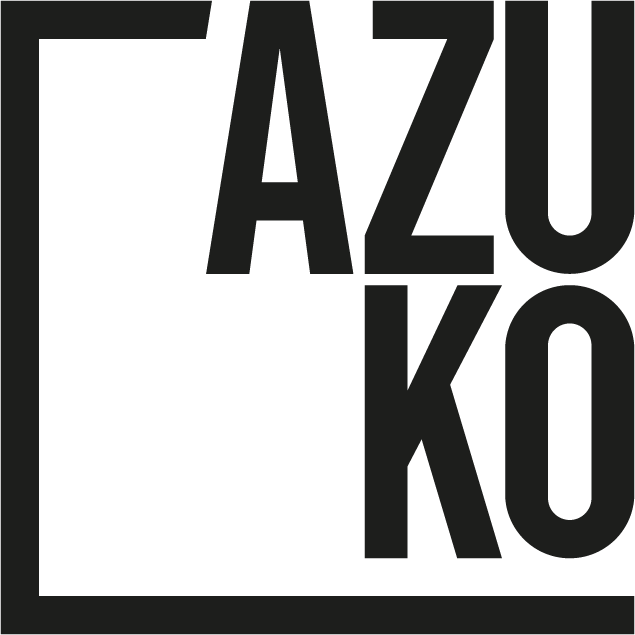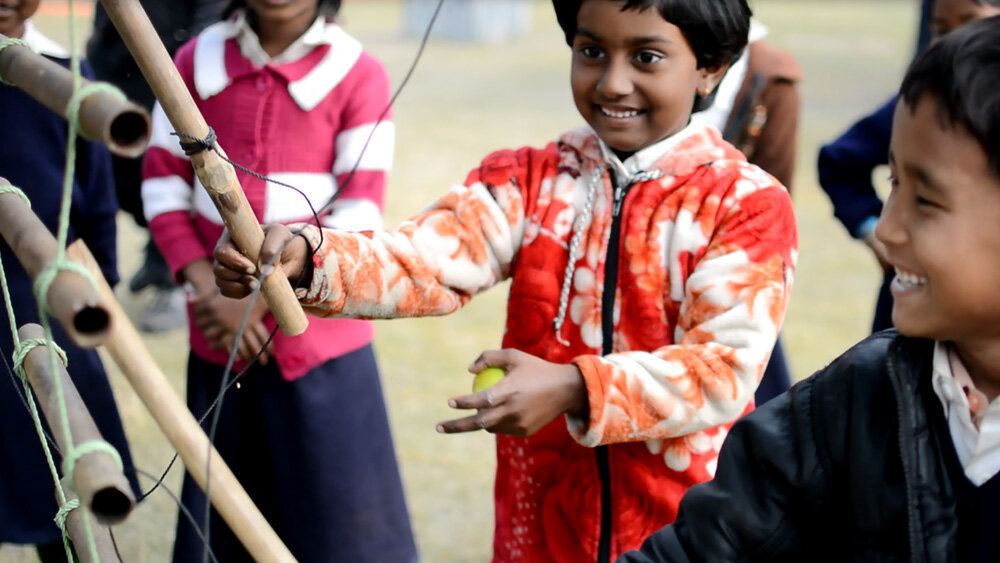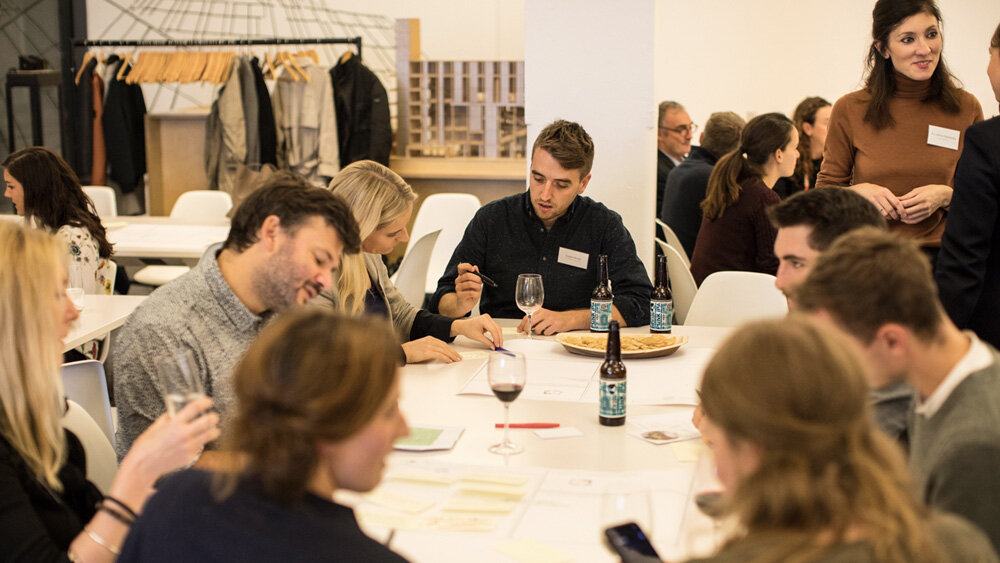Julie Christie-Webb joined our board earlier this year. She brings diverse skills from a not for profit sector career in local, UK-wide and international charities, most of which includes lead responsibility for income generation. To kick off Trustees Week, we wanted to hear her thoughts on all things AzuKo.
Tell us a little bit about yourself and what drives you…
I’m passionate about enabling the voices of those least likely to be heard, at the margins of society, those with little or no political or economic power. These people are the very ones who can change the world, who can educate the rest of us about kindness, equality and justice.
I believe we need to work towards a fairer world and I have dedicated my career to the voluntary and community sector. I am a trustee, a community activist and a charity professional. I have travelled extensively around India, southeast Asia and Latin America which has given me an insight into the lives of others. I live in Camden, north London with my husband and our sole remaining hen, Diana Dors, who is now 10 years old. She’s a survivor!
What made you want to become a trustee of AzuKo?
I wanted to join AzuKo because of the charity’s community-led design mission and the way in which people are truly at the heart of the work. The focus on children and play, and women stepping up to take control of the design of their living spaces and the built environment around them, really resonated with me.
“I feel AzuKo and small, highly specialist charities like it, can make a significant lasting difference to people’s lives because they are able to build meaningful relationships with communities, and become part of the family. ”
When you have your ‘trustee hat’ on, what does your role entail?
I am the trustee with fundraising responsibility and oversight. I support the Director and board’s thinking about fundraising at strategic level and provide a specialist review of applications and campaigns. I can also spot opportunities and comment on trends in fundraising as they apply to AzuKo.
Why is AzuKo’s work important?
Because it matters that people live in decent housing that meets their needs and those of their family. A decent place to live is a right not a nice to have. AzuKo plays an important role in modelling community-led practice and in demonstrating the profound value of involving people, especially women and children, in co-designing housing and shared public space.
Tell us about one of AzuKo’s achievements that you’re most proud of?
JAAGO playspace in Bangladesh - play is frequently neglected as a priority in urban spaces and yet it’s fundamental to children’s social, physical and emotional development, and it provides a pivotal shared community space where dwellings may be cramped and overcrowded.
We’re also training women to build for safety in areas of Bangladesh at risk of floods, storms and tremors. The workshops offer low-cost techniques to strengthen their homes and build resilience. We’ve got some exciting plans this December to broadcast live from the field - connecting our supporters and communities - and raise vital funds for our training programme.
What are the biggest challenges facing small charities working in international development, today?
Undoubtedly securing sustainable funding and being heard above the noise of the big NGOs that tend to dominate the international development agenda. The recent scandals of sexual misconduct can tar every NGO as untrustworthy and exploitative so small charities have to work harder to prove their integrity to communities, supporters and the general public.
Share one of your favourite moments of working with AzuKo?
The bringing together of interested practitioners and supporters to share in the development of community-led design, and enabling these people to become advocates for the charity, its beneficiaries and our methodology. AzuKo’s recent ‘Designing Regenerative Spaces’ event was an outstanding example of the power of this kind of gathering.
How would you like to see AzuKo’s work develop over the next five years?
I would love to see AzuKo go from strength to strength in terms of influence, resource and scope. As the small and mighty charity we are now, we are pioneering indepth community-led design practice and thinking at international development level and in the UK. I look forward to us being more influential with others in the charity, state and corporate sectors. Sustainable funding is a challenge for all nonprofits and I would love to see us diversifying and increasing our income base and staff team so we can support more communities living at the margins.
“I believe co-design/co-production is a powerful approach that we could promote in non-design fields in international development, placing communities at the heart of change that they initiate and control. ”
What do you feel trusteeship adds to your personal and professional development?
It helps me to have a wider, more informed understanding of the world I live in and share with others. It gives me a sense of meaning knowing that my participation as a trustee impacts lives on the other side of the globe. It has certainly developed my leadership and strategic thinking skills and broadened my professional network.
If you could give one piece of advice to someone thinking about becoming a trustee what would it be?
Being a trustee is a challenge, of that there is no question, but on the flip side it provides great growth opportunities. I’ve been a trustee of several charities and I can honestly say that they have all offered me a new way of engaging with the world that makes me feel more accountable and responsible as a human being sharing this earth with millions of others. If you can offer your time, experience and skills to enable people to live more fulfilling lives, then do it. Every single one of us can make a difference.
For opportunities to join AzuKo’s team, see our work with us page.



